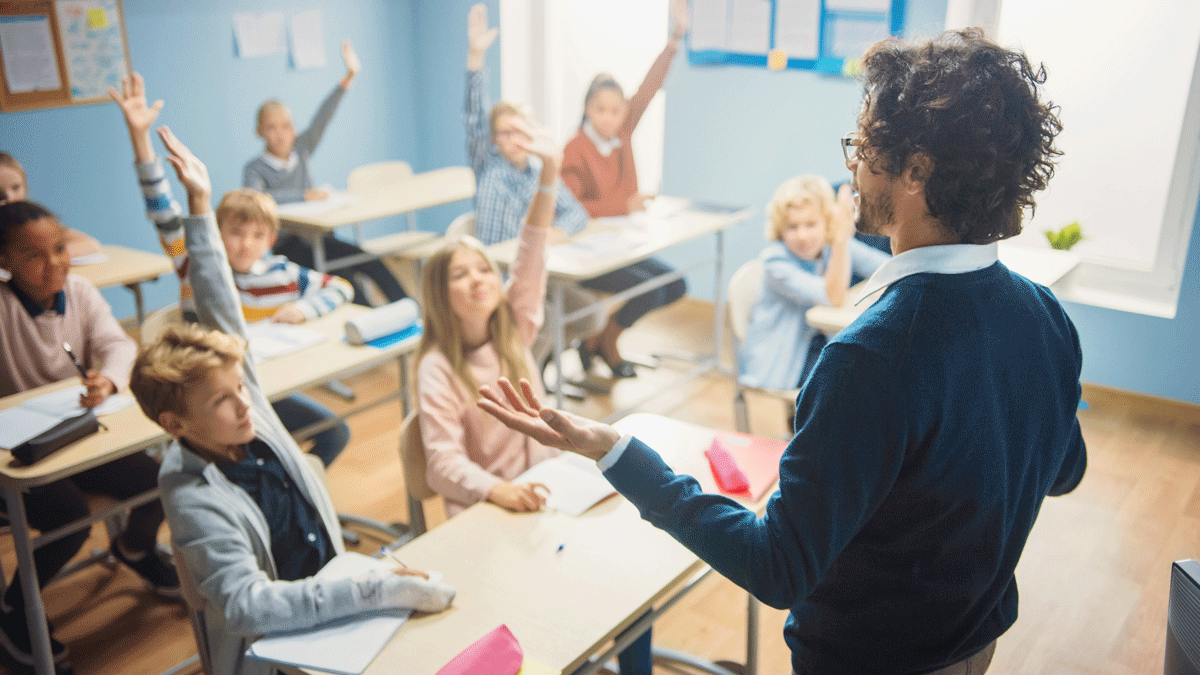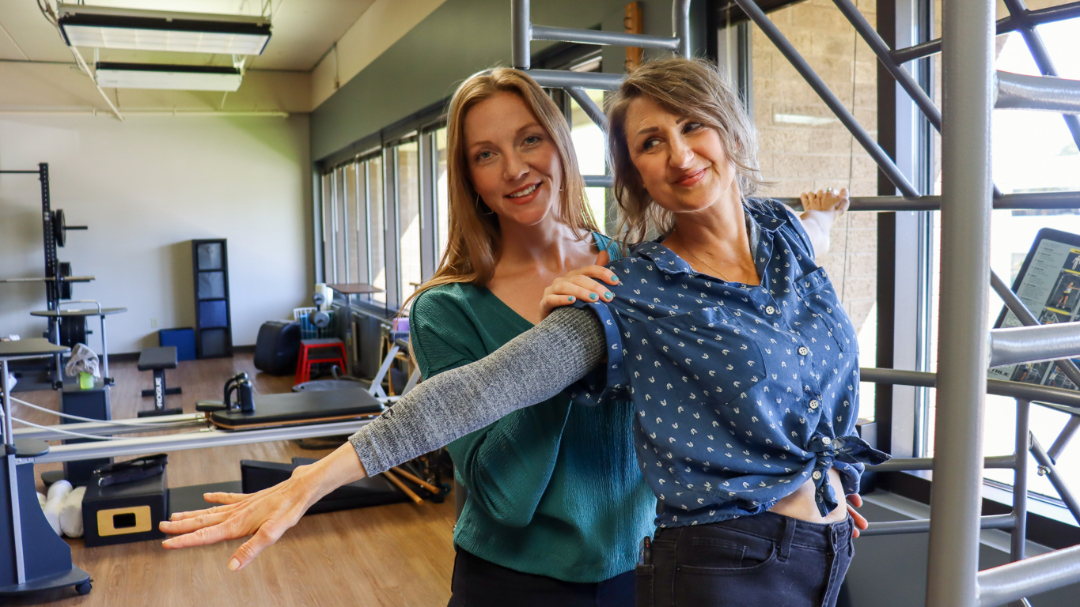Bilingual education implies to the practice of teaching students in two different languages. There are varied types of bilingual education program models popular today, like Transitional Bilingual Education, Dual Language Immersion Bilingual Education, and English as a Second Language. Hind Louali French School of Austin – Ecole Jean-Jacques Rousseau mentions that among all these approaches, Dual Language Immersion Bilingual Education has especially gained significant popularity over time. This approach helps both native and non-native students to enjoy the benefits of bilingualism by encouraging them to maintain their own heritage while exploring new ones.
Hind Louali French School of Austin marks a few of the major benefits of bilingualism
For many people, the desire to speak a foreign language is a lifelong dream. On the other hand, for kids whose parents have relocated to a different country, learning a new language becomes a necessity. There also is a growing body of research that shows that the benefits of bilingualism go much beyond the ability to function in a different country and culture. Here are a few of those benefits:
- Cognitive benefits: Bilingual individuals frequently switch between languages in their minds, leading to cognitive advantages. This enhances bilingual children’s abilities in problem-solving and critical thinking tasks. Moreover, people who speak multiple languages often have superior listening skills, better environmental monitoring, and improved concentration in comparison to monolinguals. Bilingual people may also have a sharper memory and demonstrate greater flexibility and creativity.
- Better literacy skills: Biliteracy implies to the ability to read and write in two or more languages. As per certain research, bilingual kids tend to develop improved literacy skills, as they get the chance to read in both languages they speak. Bilingual students often outperform their monolingual peers in reading tests.
- Connect with more people: Gaining the ability to connect with more people is among the prime benefits of learning more than one language. The ability to talk to others in their native language would be vital for relationship building. Speaking in a second language also helps kids to communicate with more people in their neighbourhood and community and large, and hence make more friends.
- Gain a new perspective: Bilingual education can be immensely valuable in allowing both kids and adults to learn about new cultures and ways of life. Hind Louali French School of Austin – Ecole Jean-Jacques Rousseau mentions that it exposes them to the traditions, religions, art, and history of the people who speak that language. This exposure helps cultivate an appreciation for different cultures and enhances respect and empathy for others. Certain research indicates that children who study a second language tend to have more open and positive attitudes toward the associated culture.
About one-half to two-thirds of adults around the globe speak at least two languages today. In the contemporary, globalized society, kids who grow up bilingual are likely to have many advantages in adulthood. Bilingual and bi-literate people often have significantly more job opportunities available to them than monolinguals. Being bilingual will have a lasting impact throughout a person’s life.





